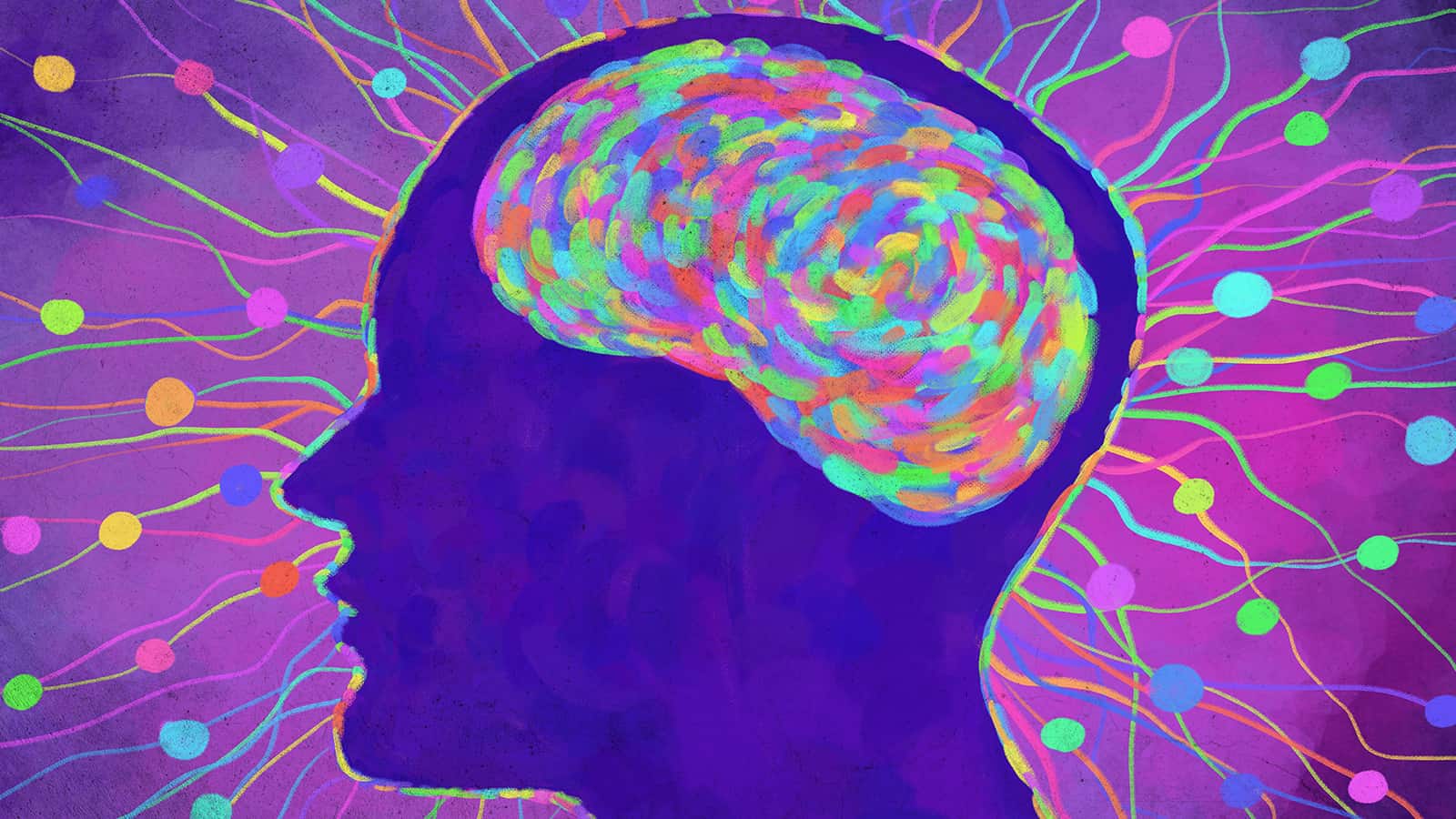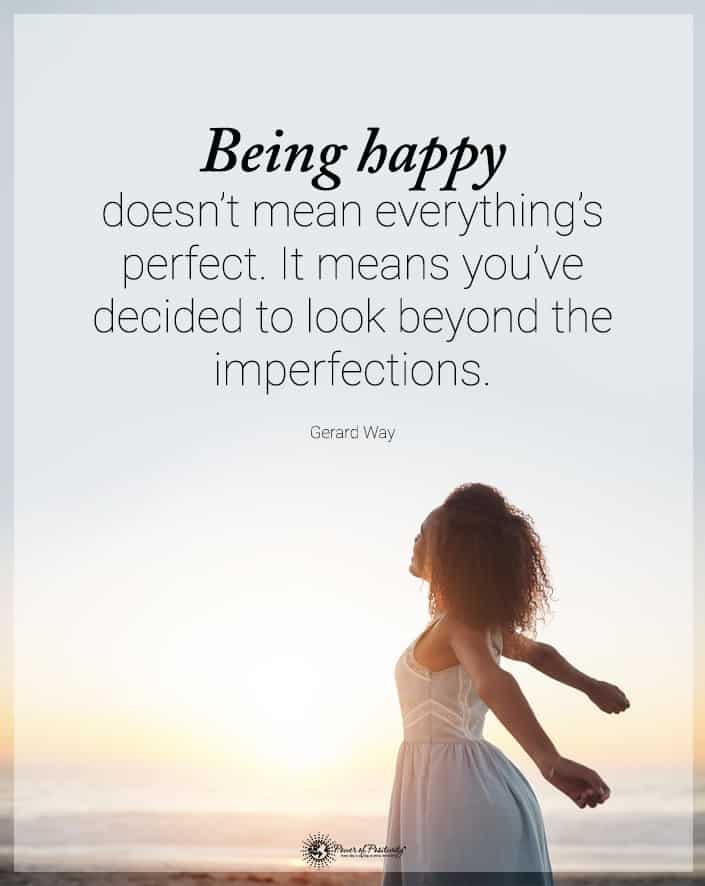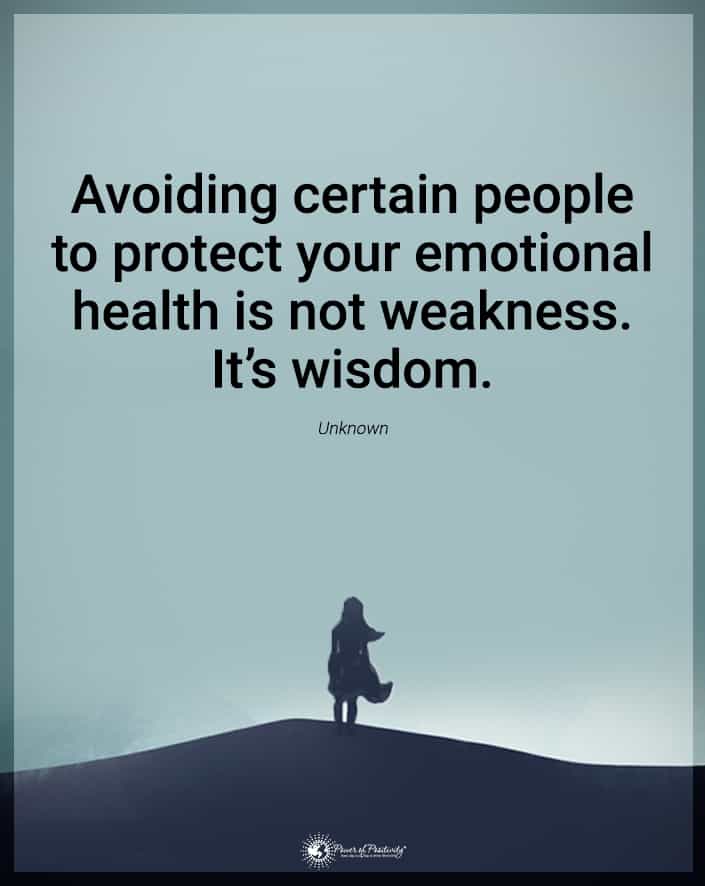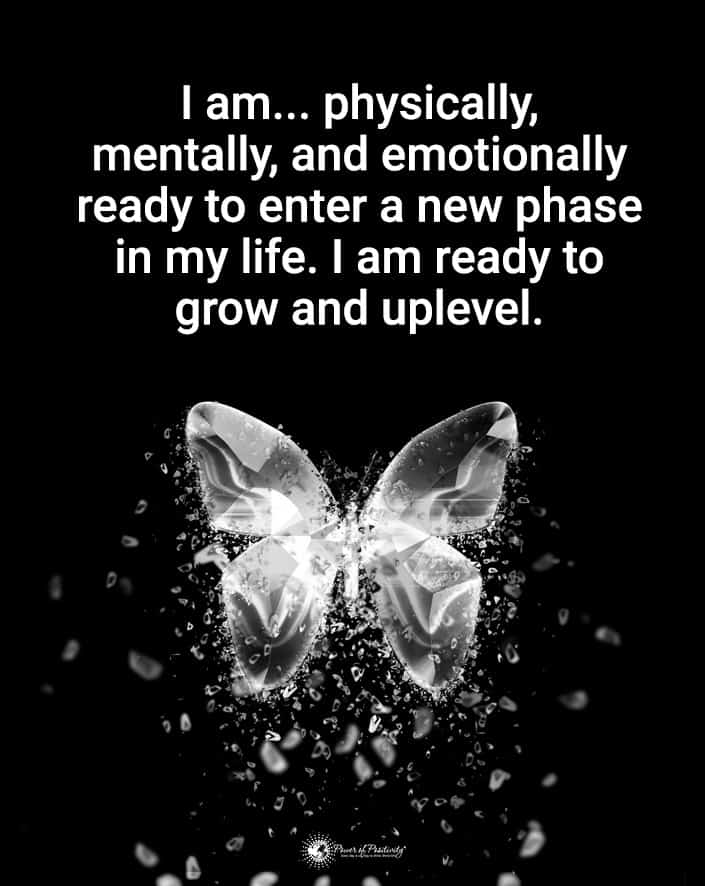Have you ever had an emotional response that felt almost uncontrollable? Out of nowhere, feelings gripped your heart and pushed certain behaviors out of you. Your brain fogged over with the intensity of these emotions, and it was both confusing and challenging to deal with.
These kinds of emotional responses are far from unusual. Lots of people experience them every single day. They’re nothing to be ashamed of. But problems may arise when these reactions get out of control. Understanding the psychology behind them may benefit you! Some things trigger an emotional response, but others don’t. Here are ways to manage these reactions, according to experts and studies.
1. Understanding The Chain Reaction Of An Emotional Response
Emotional responses do not occur out of the blue. Instead, they are born from a chain reaction of thoughts. In both Cognitive-Behavioral Therapy and Rational-Emotive Behavior Therapy, this is referred to by experts as the ABC model. The treatment expands this into ABC-DEF, with the following definitions.
· A: Activating Event
This is the event that sets off the chain reaction. It can be anything from a post-traumatic trigger to a potentially upsetting everyday incident.
· B: Beliefs About The Event
These are the beliefs you hold about the Activating Event. They may be rational, but in the case of emotional responses, they tend to be irrational. Based on your personal experiences and thoughts, these are the stories you tell yourself about the Activating Event and what it could mean for you.
· C: Consequences (Emotional)
The Consequences are how you behave because of your Beliefs About The Event. They may also be the emotional results of the Activating Event’s stressors. In other words, these are the consequences that you face and the consequences you create.
· D: Disputing Statements
This portion is a part of treatment. To respond to ABC, you come up with DEF. D, in this case, means disputing the Beliefs About The Event. You mindfully stop the chain reaction by replying to your beliefs with a good dose of reality, this challenging your assumptions.
· E: Effective New Beliefs
These are the new beliefs you will develop and train yourself with as part of your therapy. These new beliefs will replace the former Beliefs About The Event.
· F: Future Action
This, also a part of therapy, involves planning your actionable goals to put your new beliefs into action.
Most of us find ourselves in an endless cycle of ABCs without the therapeutic benefits of learning DEF. This is why only specific things trigger an emotional response. The chain reactions only set off when you have negative Beliefs About The Event.
Experts at the Psychological and Counseling Services of the University of New Hampshire explain this with the analogy of a stop sign at an intersection. Ask yourself: what would you do if you saw that stop sign. You are likely to answer that you would stop driving simply. It’s easy to believe that the stop sign is what makes you stop.
But let’s think about reality. Numerous people blow past stop signs daily. You may have elected not to stop at particular stop signs yourself, even if you were fully aware that you should. As such, it’s not the stop sign that makes you stop – it’s you and the chain reaction of your thoughts and responses.
An Example Of An Activating Event For An Emotional Response
With the analogy of the stop sign, here are some examples of the branching ways that different Beliefs About The Event can stem from the Activating Event:
- If you have been pulled over many times and are in danger of losing your license, you may stop at the stop sign. You may be afraid that you’ll get caught and get a talking to by a loved one if you break this law again. This knowledge compels you to stop.
- If you have been pulled over many times and have become desensitized to legal repercussions, you may not stop at the stop sign. You may think that your record is so bad that no good behavior could change it. Or you may not care anymore because you’ve never found the legal repercussions to be that big of a deal. As such, you coast through it.
- If there are many traffic cops in the area, you might feel compelled to stop at the stop sign because you don’t want to get in trouble. The risk of officers nearby outweighs any time you might save on running the stop sign. Conversely, if you know there are rarely cops in this area, you might not stop.
- If you’re in a rush and have a huge emergency, you could rush past the stop signs. You might feel that the crisis justifies the breaking of this law. You may even think that if you get stopped, you may be able to get leniency from a cop by explaining your emergency.
- If you’re in a rush and have a huge emergency, the last thing you want is an accident that slows you down. Even though it’s difficult, you stop at the stop sign and are careful to avoid any mishaps.
- If you have just seen a video about the dangers of not stopping at stop signs, you may be incredibly anxious when you see one come up. You may stop for longer than usual and make yourself extra sure that the coast is clear before starting up again. The potential danger scares you into stopping, making you stop for longer than necessary.
- You’ll likely stop by default if you have zero emotional response to a stop sign. You have no other beliefs that change your initial knowledge of the law that tells you to stop at these signs, so you follow it without thought.
In this analogy, you can see what kinds of emotional reactions get triggered based on different underlying beliefs. This applies to all aspects of life. Some things start an emotional response from you because of your beliefs. These reactions can be big or small. Meanwhile, other things have no additional context from any view, so you go about your business naturally.
2. The Key Elements Of Emotions And Emotional Response
To experience an emotional response, a series of things have to happen that make your brain and body react with feelings to the situation. These are the key elements of emotions, and they comprise what we know and experience about our feelings. Here are those elements:
· Subjective Experience
The truth about emotions is that they are very subjective. Studies show that individual people face very different experiences of emotions, even across the same basic, more universally acknowledged feelings. For example, the way you feel anger may be minor most of the time compared to others.
Or perhaps the way you feel sadness is often so overwhelming that you need to leave the room to collect yourself. The broad labels that we use for most emotions don’t adequately cover every context of feeling. The things that trigger an emotional response tend to relate to feelings that you experience more strongly or more complexly.
· Physiological Response
Emotions aren’t just in the head. They affect your whole body. If you’ve ever had a panic attack or even just been nervous, you know your body’s signs when you have an emotional response. Your heart races, your skin goes clammy, your palms sweat, and you might feel lightheaded or experience stomach pain. These physiological symptoms can be easy to overlook in the heat of emotion, but they’re a sign of a trigger sending alarm bells off in your brain.
· Behavioral Response
This refers to the way that you express emotions through action. When something triggers an emotional response, a behavioral response typically betrays those feelings. You might freeze up, lash out, withdraw, or begin to scream or cry. Or you may show things through your expressions: smiling, frowning, or looking down at the ground, for example. Sometimes, a mild emotional response can cause behavior that triggers more significant emotional responses in a dangerous cycle.
3. How To Better Manage An Emotional Response
An emotional response isn’t always wrong, but it can be out of proportion or unregulated, which may cause more problems for you. Learning to manage these emotional responses can be crucial in better understanding them and yourself. This can also help you learn to control your response to various difficult situations. Here’s how to start managing these emotional reactions:
· Acknowledge The Impact Of Your Emotional Responses
Think about all the times a triggered reaction has caused you difficulty, hurt those around you, or made you do something you regret. Use this as motivation to work on yourself and focus on finding reactions that won’t cause these events.
· Identify Your Emotions
When you feel an emotional response beginning to bubble, take a quick pause to identify your emotions. How do you feel? What are your physiological symptoms? What happened to cause these emotions? Then, ask yourself how you truly want to respond to these feelings.
· Shift Your Focus
It’s easy to get lost in emotions when all you can focus on is the intensity of those feelings. Shift your focus away by thinking of something else, stepping out of the room, or reframing your thoughts. For example, if you’re wallowing in self-pity because you performed poorly during a presentation, you can reframe by thinking of the lessons you’ve learned from the scenario.
· Let Yourself Feel
Managing emotional reactions doesn’t mean repressing feelings. It simply means that you keep yourself in control of your behavior instead of being a victim of an emotional response. You should still feel your feelings and allow them to exist. There’s a lot of power in accepting the truth about your emotions. Thus, you can better reflect on them later!
Final Thoughts On Why Somethings Trigger An Emotional Response But Others Don’t
Emotional responses are normal and healthy. What matters isn’t the response but how you react to it. Learning the psychology of your emotional responses can help you manage them better and interact with your feelings more healthily.

















 Community
Community

